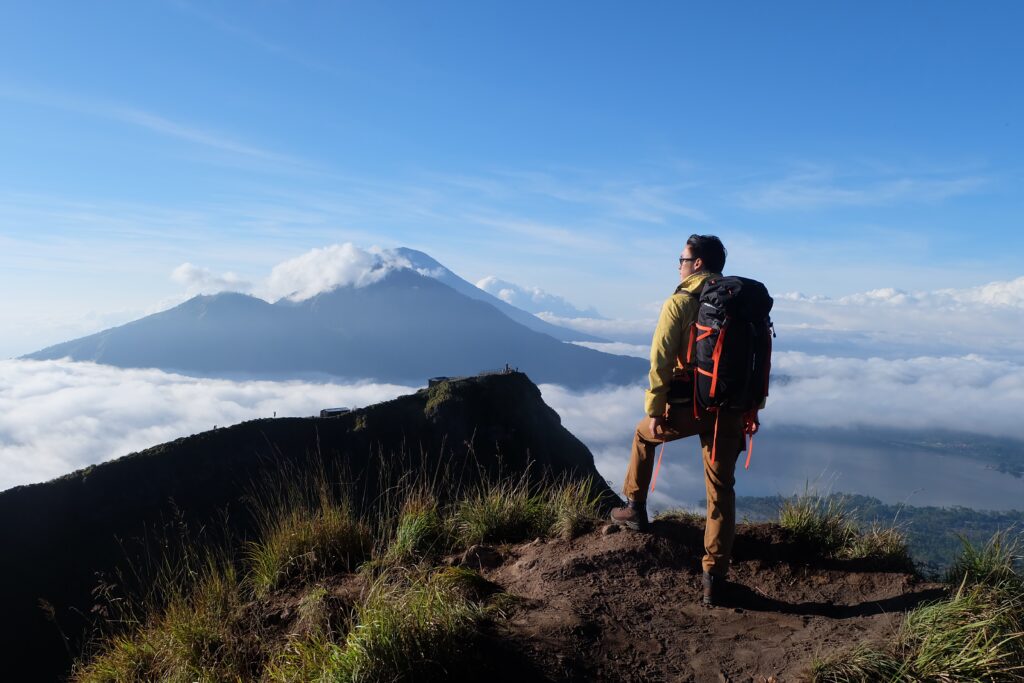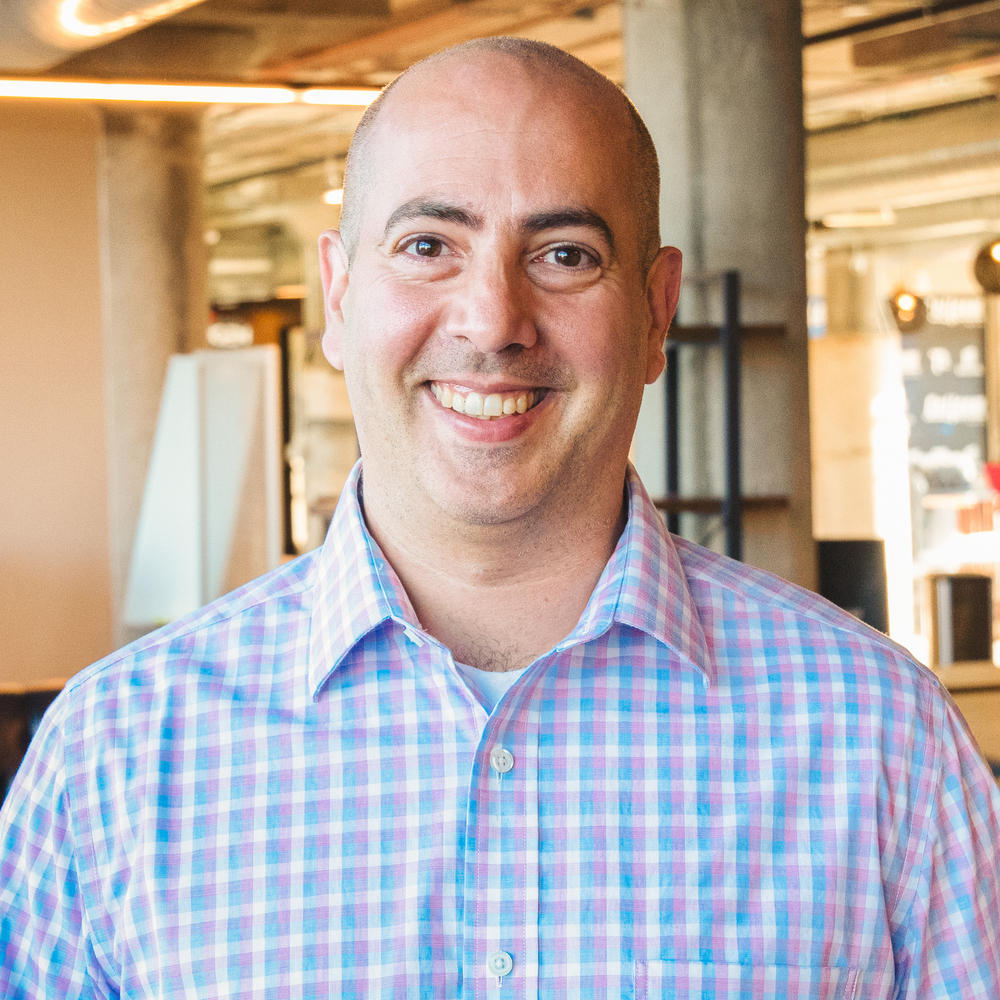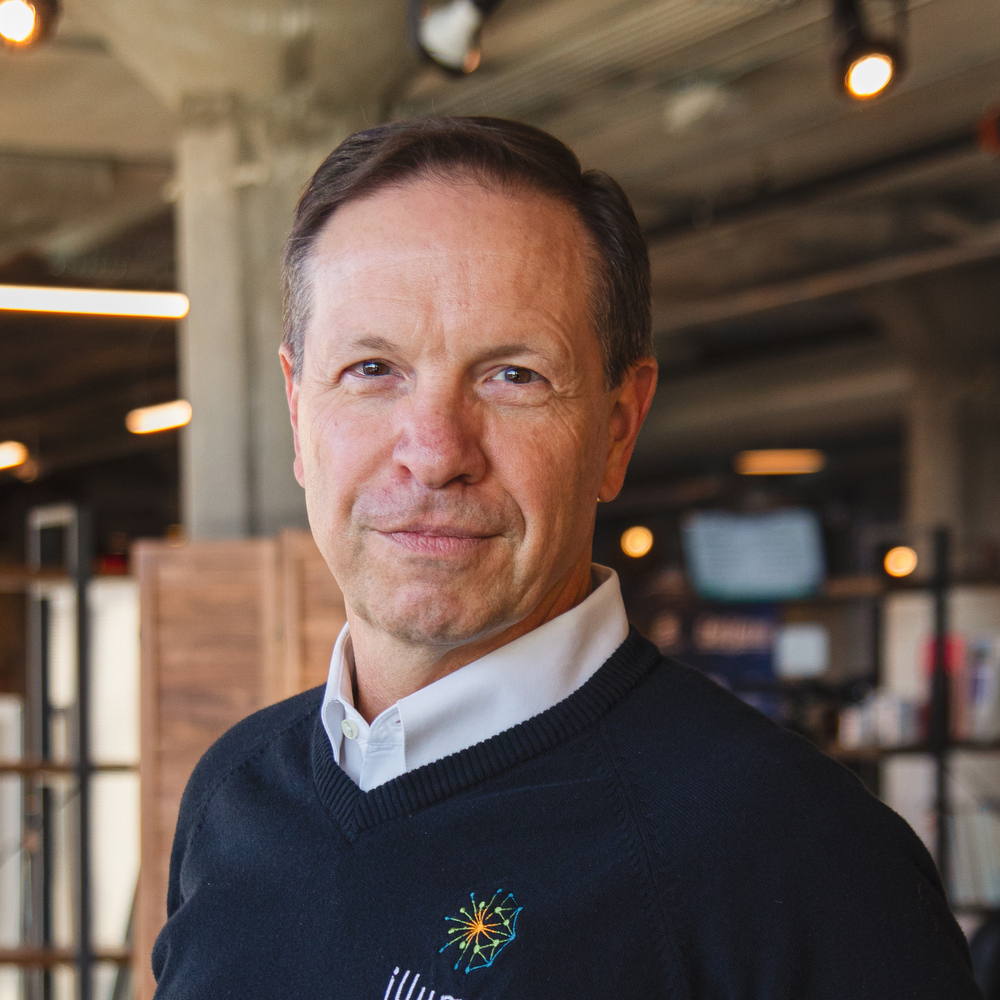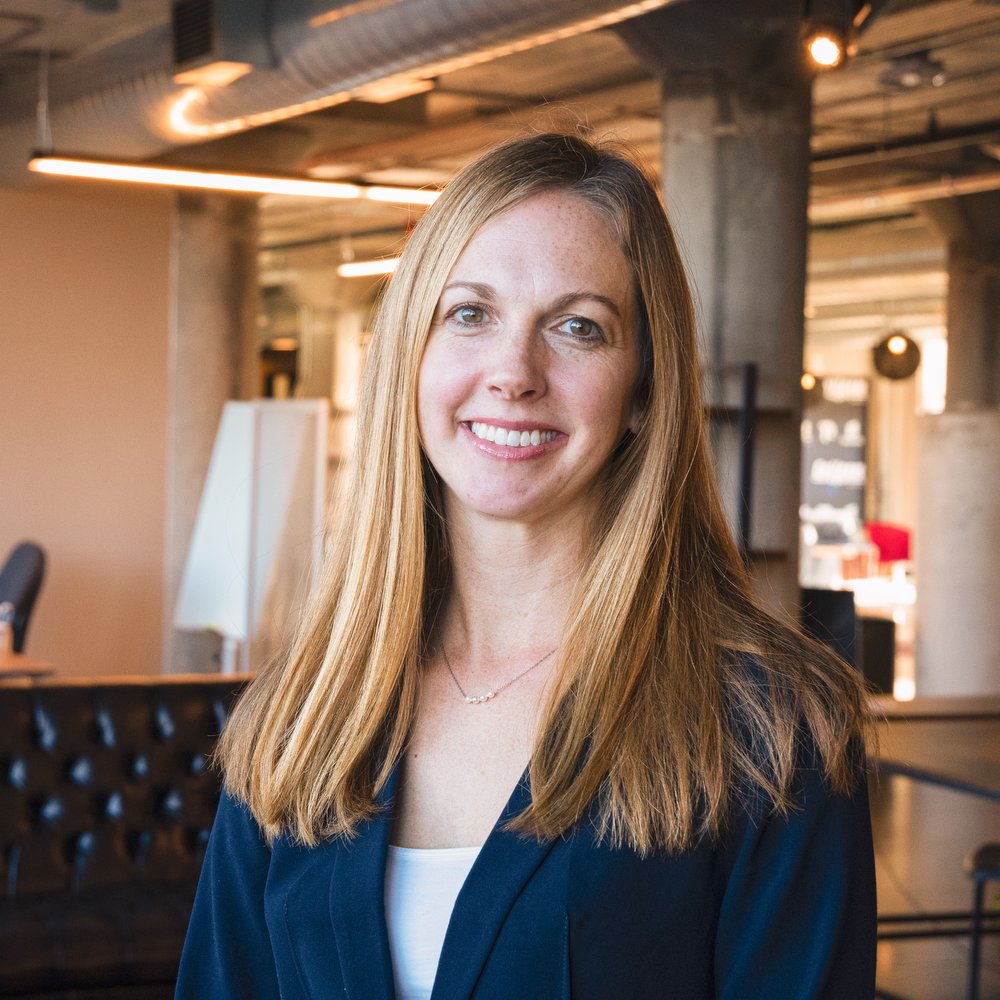In the realm of personality psychology, few traits are as intriguing and multifaceted as Openness to Experience. As one of the Big Five personality dimensions, Openness plays a crucial role in shaping how individuals interact with the world around them, process information, and approach new situations. For leaders, coaches, and consultants, understanding this trait can provide valuable insights into team dynamics, innovation potential, and individual strengths.
What is Openness to Experience?
At its core, Openness to Experience is a cognitive style that reflects an individual’s willingness to engage with new ideas, experiences, and ways of thinking. People high in Openness tend to be curious, imaginative, and receptive to change. They often seek out novel experiences and find joy in exploring abstract concepts. On the other hand, those lower in Openness typically prefer familiarity, concrete thinking, and established routines.
Key Facets of Openness to Experience
Openness to Experience is composed of several interrelated facets:
1. Imagination: This facet relates to one’s ability to create rich mental worlds and engage in fantasy. They tend to think “outside the box” and generate novel ideas or solutions to problems. High scorers often use their imagination to enhance their daily lives, while low scorers tend to focus more on practical realities.
2. Artistic Interests: This aspect reflects appreciation for art, beauty, and aesthetics. Those high in this facet often enjoy various forms of art and find beauty in both natural and human-made environments. They may have diverse tastes in music, art, and literature, and often seek out aesthetic experiences.
3. Emotional Responsiveness: This facet involves the depth and breadth of one’s emotional experiences. They can easily navigate complex, theoretical discussions and are comfortable with uncertainty. High scorers tend to have a wide range of emotional responses and are often more in tune with their feelings.
4. Adventurousness: This aspect relates to one’s willingness to try new activities and experiences. They’re often the first to volunteer for new projects or explore unfamiliar territories. High scorers eagerly seek out novel situations, while low scorers prefer familiar routines.
5. Intellect: This facet involves one’s love of learning, intellectual curiosity, and enjoyment of abstract ideas. They enjoy learning for its own sake and often pursue knowledge across various domains. High scorers often engage in intellectual pursuits and enjoy exploring complex concepts.
Benefits and Challenges of High/Low Openness
Like all personality traits, Openness to Experience has both advantages and potential drawbacks, depending on the context.
Benefits of High Openness:
- Enhanced creativity and innovation potential
- Greater adaptability to change
- Broad interests and knowledge base
- Strong ability to think abstractly and see connections between ideas
Potential Challenges of High Openness:
- May struggle with practical, routine tasks
- Can be perceived as unrealistic or impractical
- Might become easily bored with familiar situations
- May have difficulty focusing on one area or task for extended periods
Strengths of Low Openness:
- Strong focus and attention to detail
- Reliability and consistency in behavior
- Practical problem-solving skills
- Comfort with established routines and procedures
Potential Limitations of Low Openness:
- May resist change or new ideas
- Could struggle with abstract or theoretical concepts
- Might miss opportunities for growth or innovation
- May have difficulty adapting to rapidly changing environments
Openness in the Workplace
Understanding Openness to Experience can be particularly valuable in organizational settings. Here are some key implications:
1. Innovation and Problem-Solving: Teams with members high in Openness often excel at generating creative solutions and thinking innovatively. However, it’s equally important to have team members who can ground these ideas in practical reality.
2. Adaptability: In rapidly changing industries, employees high in Openness may adapt more readily to new technologies, processes, or market conditions.
3. Team Dynamics: A mix of high and low Openness within a team can create a balance between innovation and stability. High-Openness members can generate new ideas, while low-Openness members can help implement and maintain established processes.
4. Leadership Styles: Leaders high in Openness may be more visionary and comfortable with change, while those lower in Openness might excel at maintaining stability and focusing on practical outcomes.
5. Hiring and Team Composition: Understanding Openness can help in creating well-balanced teams and placing individuals in roles that align with their natural tendencies.
Developing Openness
While Openness to Experience is a relatively stable trait, it can be developed to some extent:
1. Seek out new experiences: Deliberately expose yourself to unfamiliar situations, ideas, or cultures.
2. Practice mindfulness: Pay attention to your surroundings and internal experiences, cultivating a sense of curiosity about your moment-to-moment existence.
3. Engage with art and nature: Spend time appreciating various forms of art or exploring natural environments.
4. Challenge your assumptions: Regularly question your beliefs and try to see situations from different perspectives.
5. Learn continuously: Pursue knowledge in areas outside your expertise, engaging with a variety of subjects and ideas.
The Value of Understanding Openness
Openness to Experience is a fascinating and complex personality trait that plays a significant role in how individuals approach the world. By understanding this trait, leaders, coaches, and consultants can better appreciate the diverse cognitive styles within their teams and organizations. This knowledge can inform strategies for innovation, change management, and team composition, ultimately leading to more effective and harmonious work environments.
Whether you’re naturally high or low in Openness, recognizing the value of both perspectives can lead to personal growth and better interpersonal understanding. In our rapidly changing world, the ability to balance innovation with stability, and creativity with practicality, is more crucial than ever. By harnessing the power of Openness to Experience, individuals and organizations can navigate challenges more effectively and unlock new potentials for growth and success.





